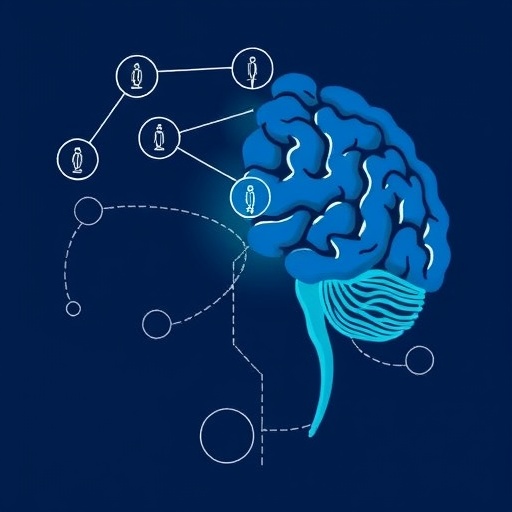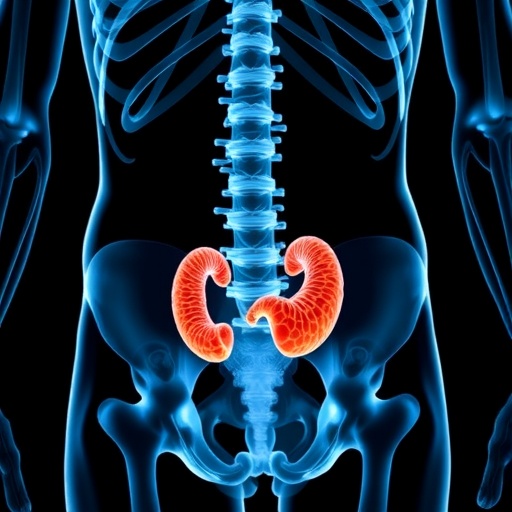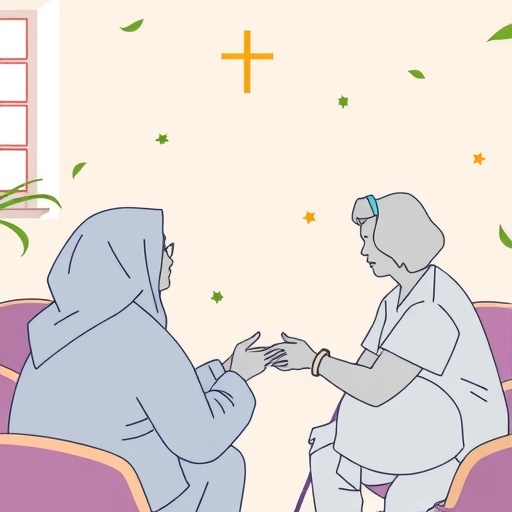Psychology researchers have found another reason that sleep, mood and stress are important: they affect the extent to which older adults feel they have control over their lives. The findings can inform efforts to improve an individual’s sense of control, which has ramifications for physical, mental and emotional health.
“We found that sleep, mood and stress are all important factors in determining a sense of control and in whether older adults feel they can do the things they want to do,” says Shevaun Neupert, a professor of psychology at NC State and co-author of a paper on the work. “This finding is important because when older adults begin to lose their sense of autonomy, it can lead to changes in behavior that adversely affect their health and well-being.”
For this study, researchers evaluated data on 205 people between the ages of 60 and 94. Study participants provided information on a wide range of psychological variables on eight days across a period of three weeks.
The researchers focused on determining which variables, if any, had an effect on two “control beliefs”: perceived competence, or an individual’s sense that her or she could do the things they wanted to do; and locus of control, or sense that they were in control of their own lives. The researchers found that several variables have a significant effect on both beliefs.
“We found that sleep efficacy – or the belief that one can get a good night’s sleep – was associated with better control beliefs,” Neupert says.
“We also found that positive affect was good for an individual’s control beliefs, while negative affect was bad,” says Shenghao Zhang, a Ph.D. student at NC State and first author of the paper. “In other words, being in a good mood made people feel better about their competence and control, while being in a bad mood made people feel worse about those things.
“Lastly, we found that stressful events on one day had an adverse effect on an individual’s subsequent control beliefs,” Zhang says. “These results suggest that the adverse effect of stressful events can last for more than a day. It would be interesting to conduct additional work to determine how long the effects of stress resonate in regard to control beliefs.”
“We know there are things people can do to improve their mood and to improve their sleep,” Neupert says. “And while sleep and mood are things most people think are important, this study highlights a very specific reason that they are important.
“When people think they have little or no control in their lives, they may stop doing some of the everyday things that are important for self-care – because they believe those things don’t matter,” Neupert says. “By acting to improve mood and sleep, older adults may better retain their sense of control and better maintain their quality of life.”
The paper, “Predicting Control Beliefs in Older Adults: A Micro-longitudinal Study,” is published in the Journal of Gerontology: Psychological Sciences. Corresponding author of the paper is Jason Allaire, an associate professor of psychology at NC State. The paper was co-authored by Alyssa Gamaldo, a former Ph.D. student at NC State who is now an assistant professor at Penn State University.
The work was done with support from the National Institute on Aging, under grant number R21 AG27223-01A2.
###
Media Contact
Matt Shipman
[email protected]
919-515-6386
Related Journal Article
https:/
http://dx.




